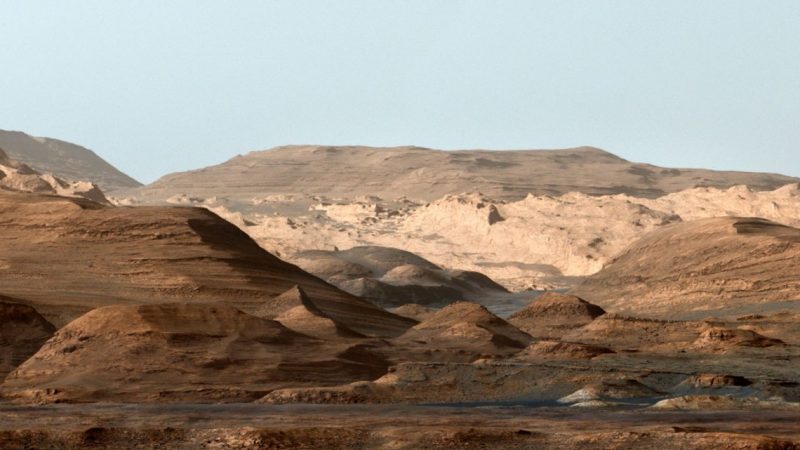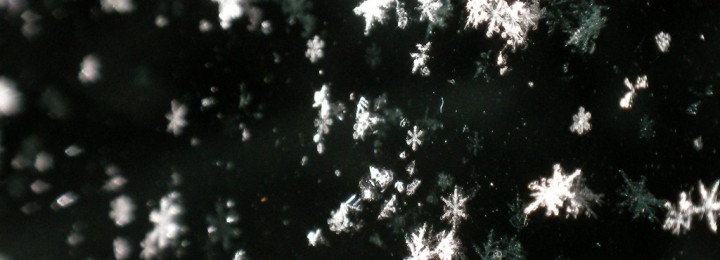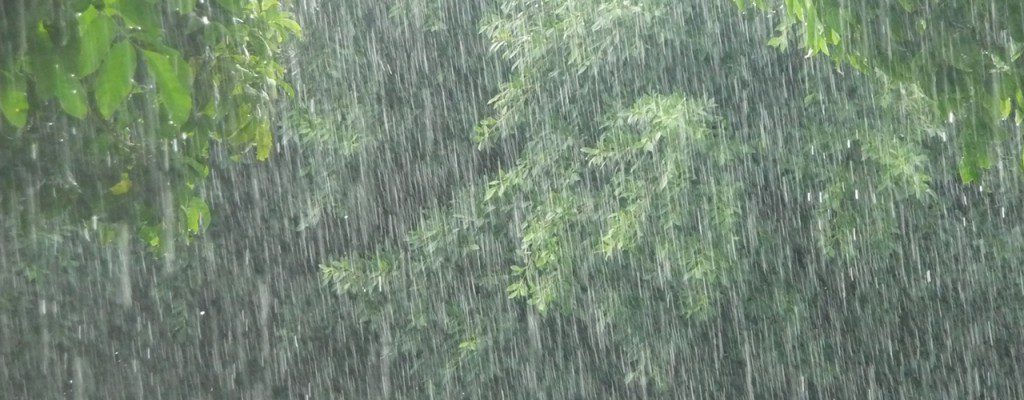Climate science
-

Today marks the first day of climatological (or meteorological) winter. This year, parts of the Southeast even saw snow yesterday, which does not often happen so early in our winter season. Hope you are enjoying the colder weather! If you would like to know more about why climatological seasons are not the same as astronomical…
-

When you think about weather on other planets, you might think of the Big Spot on Jupiter or the high carbon dioxide heat of Venus. On Mars, we think about both dust storms and water. Here is an interesting story from EarthSky about some new evidence of megafloods after a meteor strike, which melted a…
-

I don’t know about you, but watching clouds is one of my favorite things to do. Clouds come in an amazing variety of shapes, and what is even more amazing is that those shapes, and the colors of the clouds, too, are based on physical principles that can tell us something about the weather that…
-

If you are ever asked about your area’s climate risk due to changes in climate for later in this century, particularly around the 2040’s, you will find this new paper published by Springer in Natural Hazards to be very useful (it’s open access so you don’t have to pay to read it). The paper discusses…
-

If you enjoy hiking in the mountains or just watching mountain scenery, you should be concerned about the changes that are occurring in mountainous areas across the world. This story from Outside magazine discusses how the loss of ice is making the high mountains much more treacherous because the ice that used to hold the…
-

Over time, scientists have noticed that some hurricanes and tropical systems generate areas of heavy rain far ahead of the main storm system. These events are called Predecessor Rain Events (PREs) because they generally occur about 36 hours ahead of the main storm passage and as much as 600 miles poleward of the storm center.…
Posted in: Climate science -

The next webinar to be offered by the Georgia Climate Project is coming up on Wednesday, October 28, from 11:00 am to 12:30 pm ET. You can find more information below. To register, visit https://zoom.us/webinar/register/WN_aM8nsHoTRTuuay1UqDBJZQ.